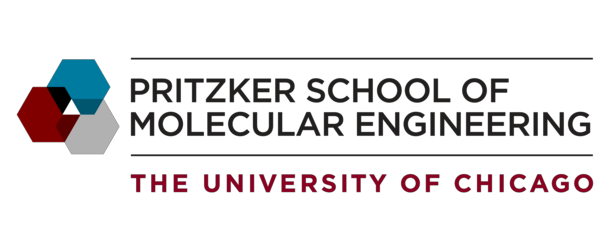Analysis Paves Way for More Sensitive Quantum Sensors

(EurekaAlert) Theoretical researchers at the Pritzker School of Molecular Engineering (PME) at the University of Chicago have found a way to make quantum sensors exponentially more sensitive.
By harnessing a unique physics phenomenon, the researchers have calculated a way to develop a sensor that has a sensitivity that increases exponentially as it grows, without using more energy. The results were published October 23 in Nature Communications.
“This could even help improve classical sensors,” said Prof. Aashish Clerk, co-author of the paper. “It’s a way to build more efficient, powerful sensors for all kinds of applications.” The researchers, led by graduate student Alexander McDonald, wondered if there was a way to increase the sensitivity even more. They imagined creating a string of photonic cavities, where photons can be transported to adjacent cavities. Such a string could be used as a quantum sensor, but the researchers wanted to know: If they created a longer and longer chain of cavities, would the sensitivity of the sensor be greater?
In systems like this, photons could dissipate – leak out of the cavities and disappear. But by harnessing a physics phenomenon called non-Hermitian dynamics, where dissipation leads to interesting consequences, the researchers were able to calculate that a string of these cavities would increase the sensitivity of the sensor much more than the number of cavities added. In fact, it would increase the sensitivity exponentially in system size.
Not only that, it would do so without using any extra energy and without increasing the inevitable noise from quantum fluctuations. That would be a huge win for quantum sensors, Clerk said.
























